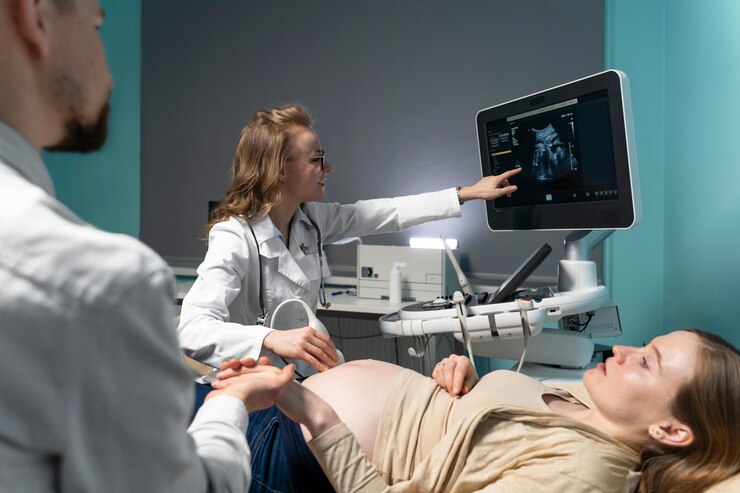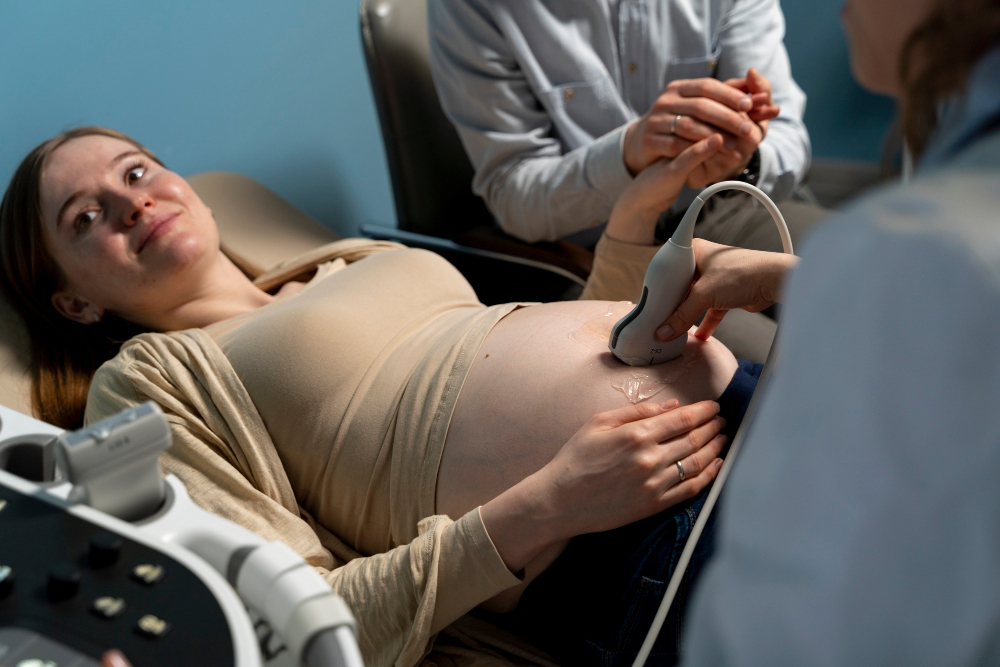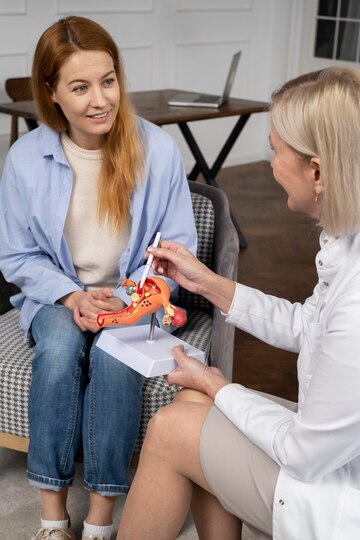


Perinatology, recognized as a sub-discipline of Gynecology and Obstetrics since 2011 by the Ministry of Health, focuses on managing high-risk pregnancies. This specialized field has seen substantial advancements both domestically and globally, significantly enhancing pregnancy outcomes for both the mother and fetus. The Perinatology Division at our hospital operates as an autonomous unit, dedicated to delivering high-quality services utilizing cutting-edge technologies and extensive expertise.
The division is primarily engaged in assessing fetal health, identifying chromosomal anomalies and physical deformities through various diagnostic tests and invasive procedures such as amniocentesis, CVS (Chorionic Villus Sampling), and cordocentesis. It also addresses complications arising from pre-existing or gestational diseases like hypertension, diabetes mellitus, preeclampsia, and thyroid disorders, offering both medical treatments and invasive interventions for treatable fetal conditions. Additionally, the division specializes in the diagnosis and management of complications inherent to multiple pregnancies and provides preconceptional counseling to optimize maternal and fetal outcomes in subsequent pregnancies.

The Perinatology Division is committed to enhancing the health outcomes of mothers and fetuses by supporting the diagnostic and therapeutic needs of gynecologists and obstetricians.
